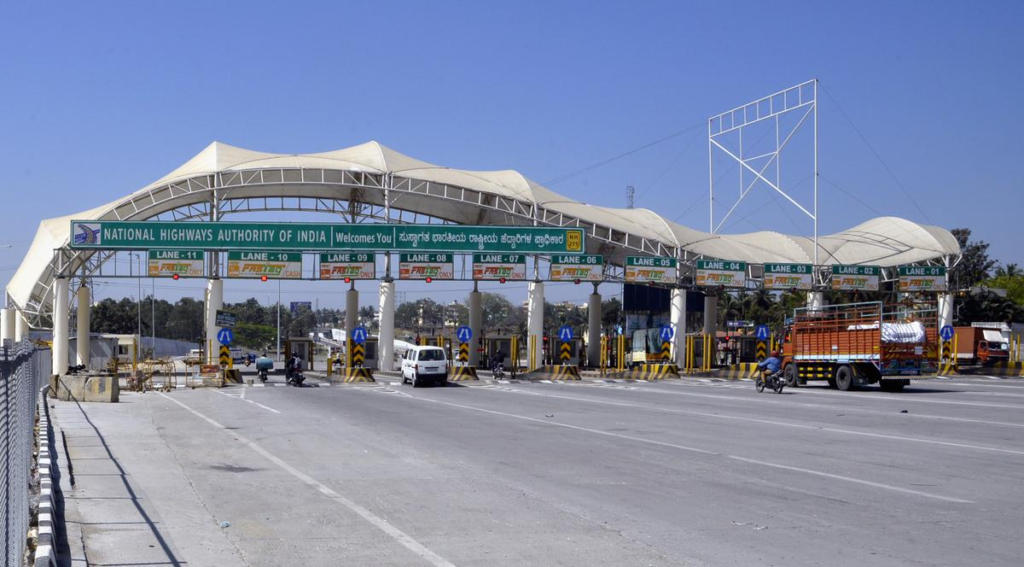Residents of Maradu in Ernakulam are grappling with mounting challenges as two crucial bridges, the Kundannoor and Alexander Parambithara, have been closed for resurfacing works, forcing daily commuters to reroute via the Kumbalam toll plaza. A recent appeal to the National Highways Authority of India (NHAI) for temporary toll relief was rejected, leaving Maradu residents with additional financial strain. The Public Works Department (NH wing) commenced repairs on October 15, with the Kundannoor bridge undergoing resurfacing with stone mastic asphalt technology for better durability, but the closure has disrupted traffic flow significantly.
Maradu residents had sought exemption from toll payments, citing the hardships posed by the month-long bridge closure. The District Collector advocated for their cause, but the NHAI has stood firm, stating that it is technically unfeasible to grant such relief. Consequently, commuters now face not only extended travel times but also the burden of daily tolls, which has triggered frustration among the local population. Thousands of residents are dependent on these bridges for access to key areas like Willingdon Island and West Kochi, making the toll plaza an unavoidable stop for many.
From a sustainability perspective, the issue raises broader concerns about urban infrastructure planning and civic well-being. The temporary closure of bridges exposes the limitations of existing road networks and the strain on local communities during such projects. While the resurfacing work promises long-term benefits, the lack of contingency plans for smooth traffic flow has compounded challenges for commuters and raised questions about equitable infrastructure maintenance.
Urban transport systems need to consider not only efficiency but also the financial impact on daily commuters. In this case, the denial of toll relief underscores the ongoing struggle between necessary urban development and immediate civic inconveniences. Comprehensive planning is vital to ensure that essential upgrades do not disproportionately affect residents, especially when they already bear the brunt of outdated infrastructure.


